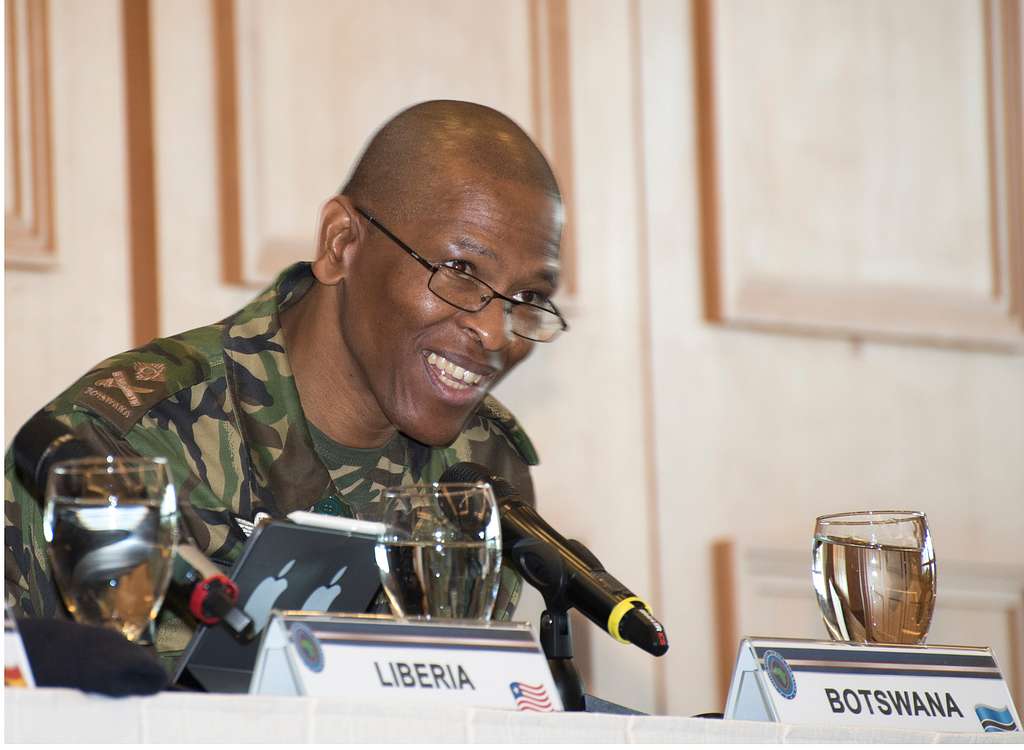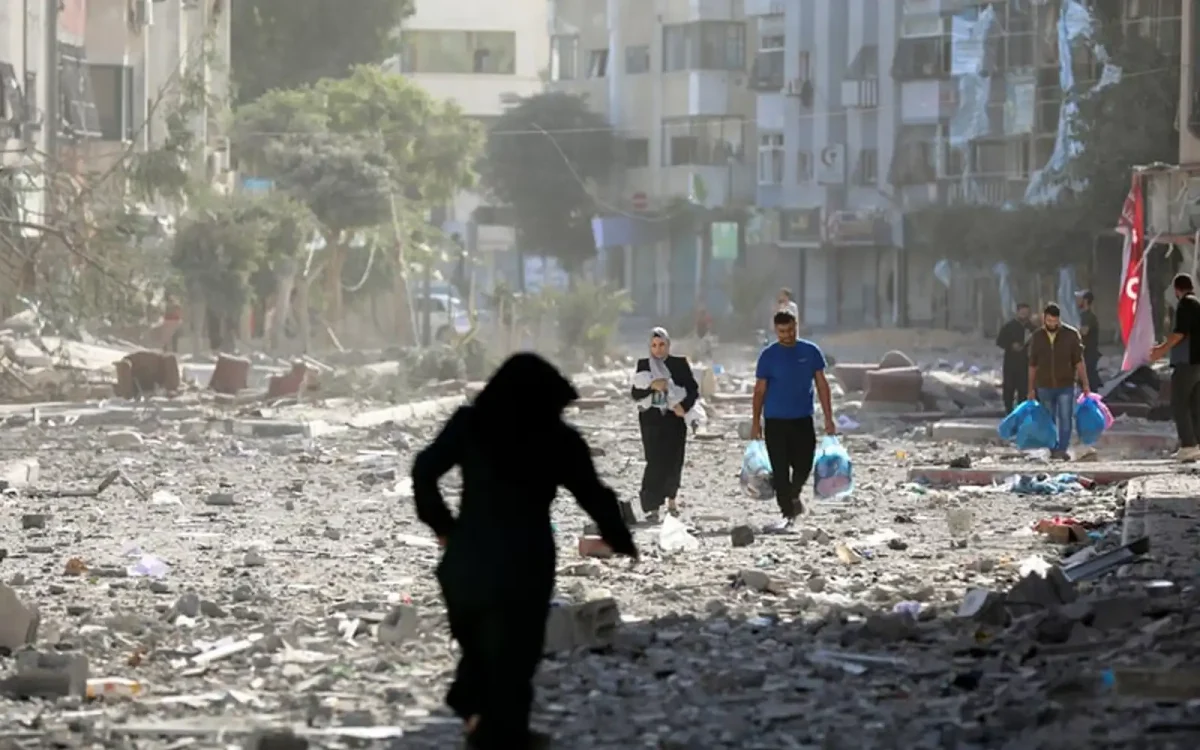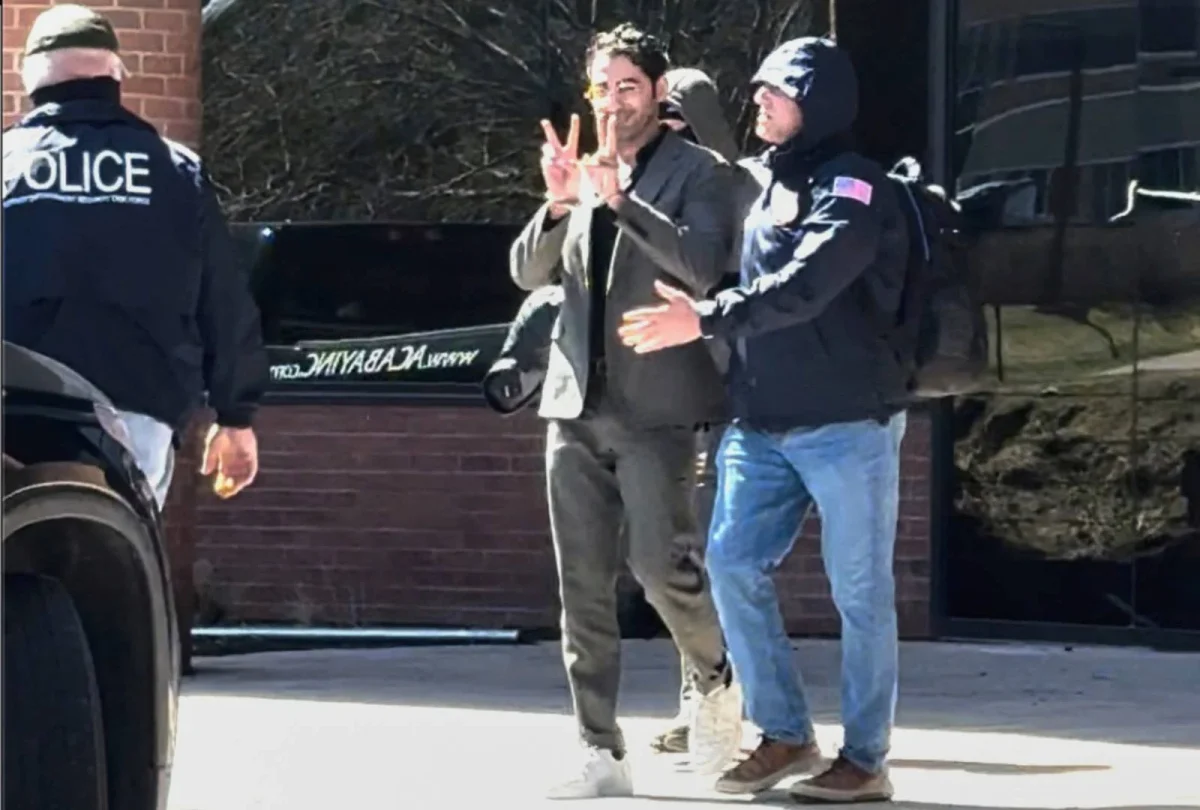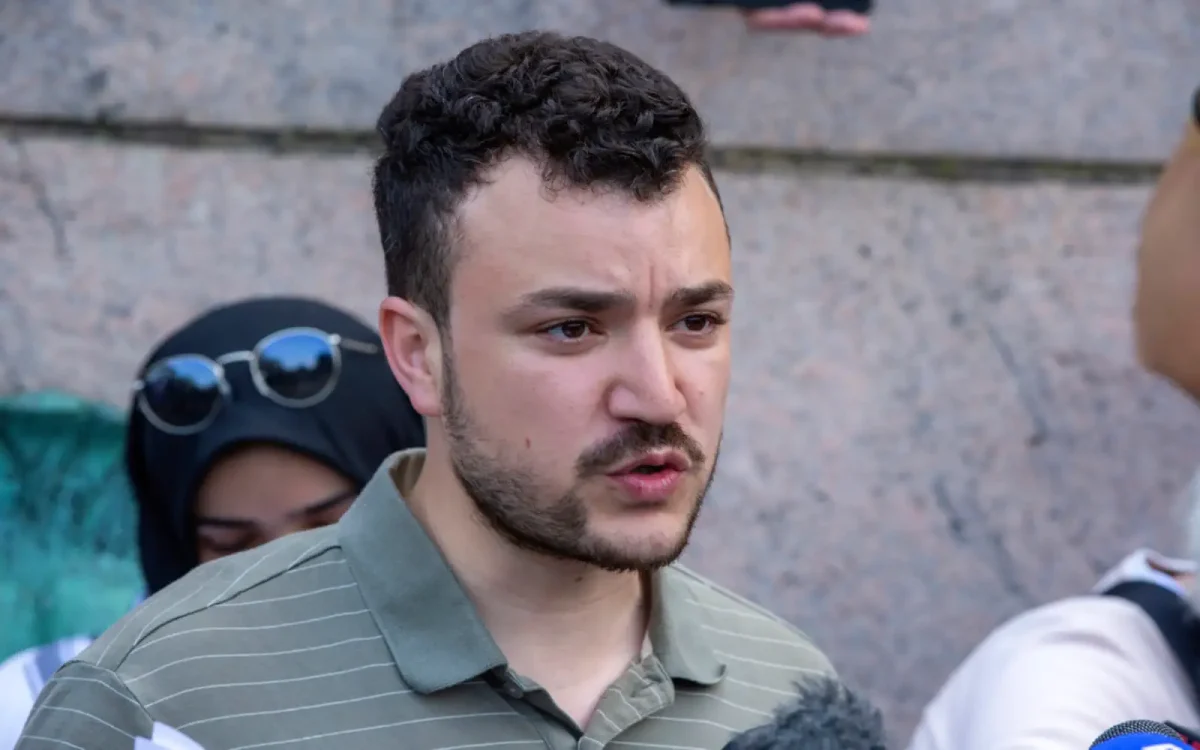Quianne’ Holmes | Staff Writer

It’s not often you get the opportunity to be in the presence of someone who was nominated for a Nobel Peace Prize.. N.C. State faculty and students had the opportunity to meet and listen to Mandy Carter and other qualified individuals in a panel discussion on Friday. Carter, a Durham native, graduated from Mt. Pleasant High School and after continued her efforts participating in the movement for equality.
Who is Mandy Carter? She is a number of things, an orphan, African-American, southerner, lesbian, and most importantly a social justice advocate.
The catalyst to her efforts for the LGBT community began as an adolescent. As previously mentioned, Carter was an orphan, she was raised in foster homes until the age of 18. Not having a mom or dad limited her ability to have a typical parental role in her life. She knew something was different about her but she had no idea what it was until years later when she encountered people who were like her and identified as lesbian.
Carter’s mission is all about equality. She went into vivid detail painting a psychological picture of how slavery existed for hundreds of years. Continuing her analogy, she explained how Africans came here as property. She continued to engage my attention by asking me to think about what justified the “government” to have a law that allowed Africans to be human bondage. She finished the detailed contemporary flashback by saying that someone finally realized that this was wrong, abolitionsists all the way up to Congress through much effort had to realize that blacks deserved the same privileges as whites in that era.
Carter hopes to pass on her legacy of full equality and justice for all so the next generations can fight this on going battle. She mentioned her fears for the future of LGBT rights, such as the stereotype of being gay as something that only white people can identify as. Carter continued by describing how someone who is African American and identifies with the LGBT community is perceived in the African American community. “Often times in African American communities, identifying as LGBT isn’t something that is perceived well.” Carter expressed her fears that, once people who belong to the LGBT community receive their rights, they will refrain from helping those who are still struggling with other social rights issues.
Mandy Carter is a humble, empowered leader. She fights several social justice battles for the many different groups that she identifies with. She is well-educated in her experiences, and her dialect stimulates the possibilities of our future goals in society. All students are encouraged to attend her next event on Thursday, January 29th from 6-7:30 pm in Witherspoon 126.




